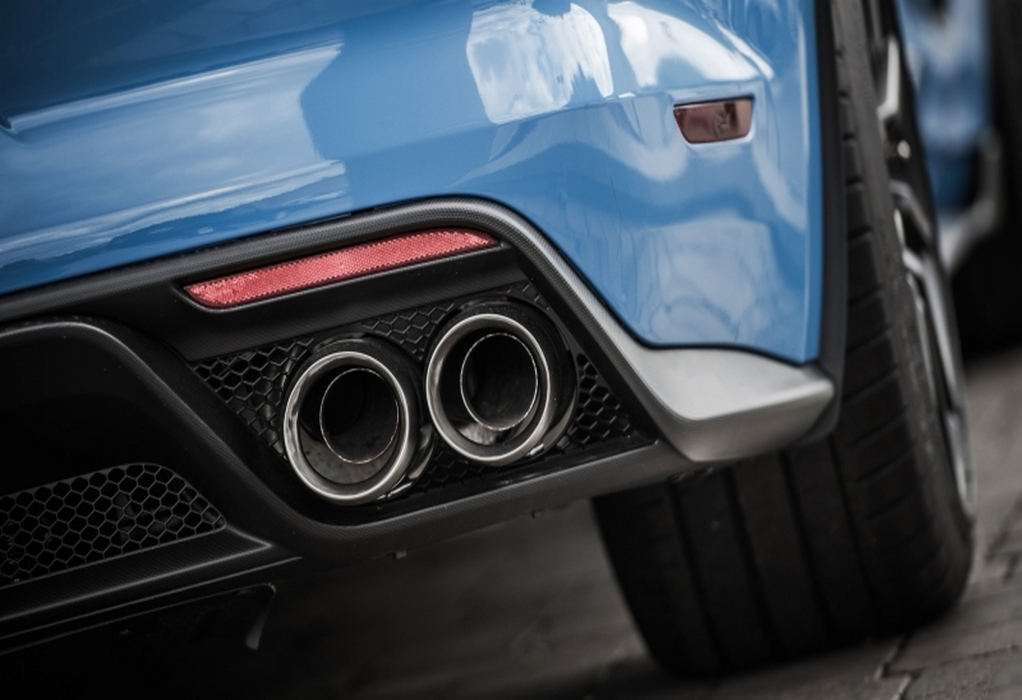The European Parliament formally approved a law to effectively ban the sale of new petrol and diesel cars in the European Union from 2035, aiming to speed up the switch to electric vehicles and combat climate change.
The landmark rules will require that by 2025 carmakers must achieve a 100% cut in CO2 emissions from new cars sold, which would make it impossible to sell new fossil fuel-powered vehicles in the 27-country bloc.
The law will also set a 55% cut in CO2 emissions for new cars sold from 2030 versus 2021 levels, much higher than the existing target of a 37.5%.
EU countries agreed the deal with lawmakers last October, but still need to formally rubber stamp the rules before they can take effect. Final approval is expected in March.
New vans must comply with a 100% CO2 cut by 2035, and a 50% cut by 2030, compared with 2021 levels. Many carmakers in Europe have announced investments in electrification.
Volkswagen chief executive Thomas Schaefer said last year that from 2033 the brand will only produce electric cars in Europe.
Still, the EU law met resistance from some industry and countries when it was proposed in July 2021. As a result, the final deal includes some flexibilities including that small carmakers producing less than 10,000 vehicles per year can negotiate weaker targets until 2036.
The car CO2 law is part a broader package of tougher EU climate policies, designed to deliver the bloc’s targets to slash greenhouse gas emissions this decade.
Tags: Cars, Climate Change, eu, EVs, Fossil Fuel



Recent Posts
Port of Brisbane Unveils Vision 2060 to Drive Smarter, Cleaner, and More Connected Future
Wärtsilä to Deliver Hybrid Propulsion Systems for Vertom Group’s New Low-Emission Vessels
Latvian port receives electric Konecranes Gottwald Mobile Harbor Crane
Sustainable Ocean Economy Vital for Human Development, Says UNDP at UN Ocean Conference
Green Hydrogen Costs in India Could Drop by 40%, Says IEEFA-JMK Report
Cavotec Secures €1.55 Million Shore Power Contract for Port of Antwerp-Bruges
APM Terminals and SANY Marine sign landmark agreement to accelerate decarbonisation
The Port of Gothenburg takes big step towards shore power connection for container and car/RoRo vessels